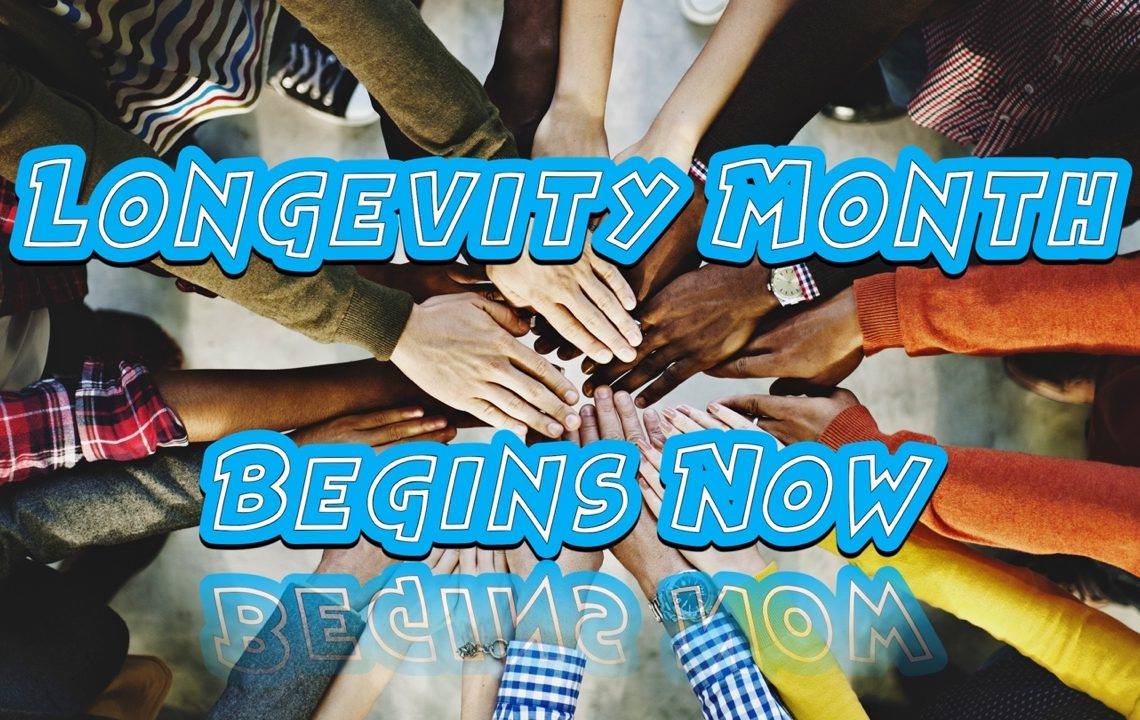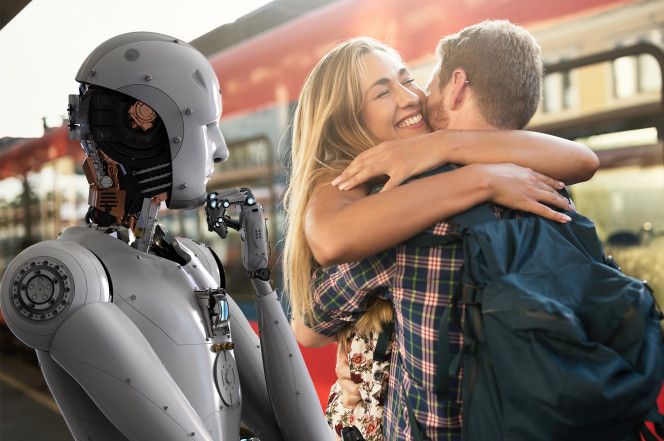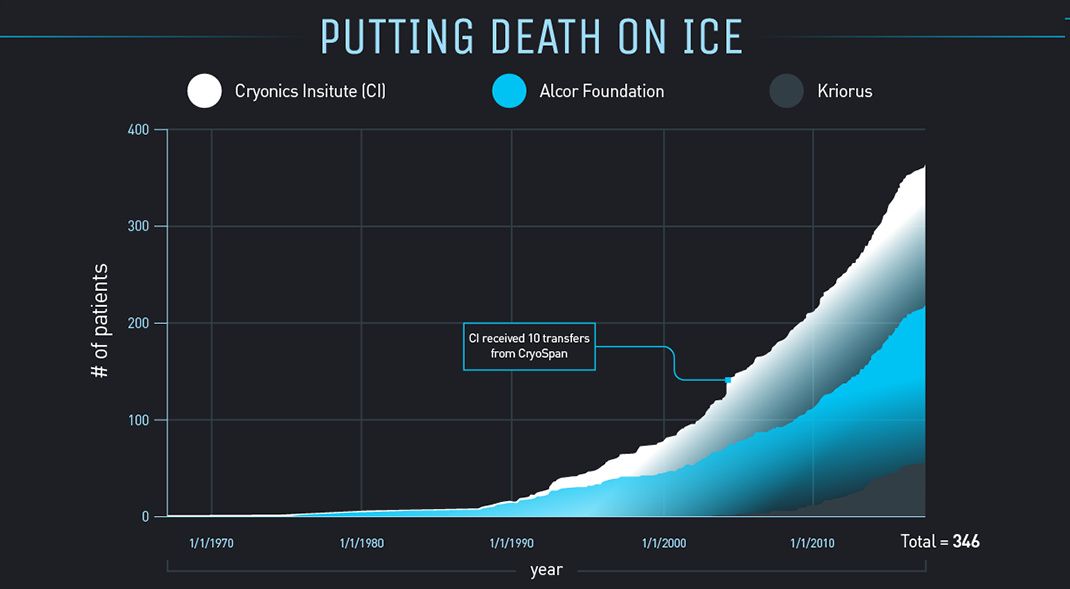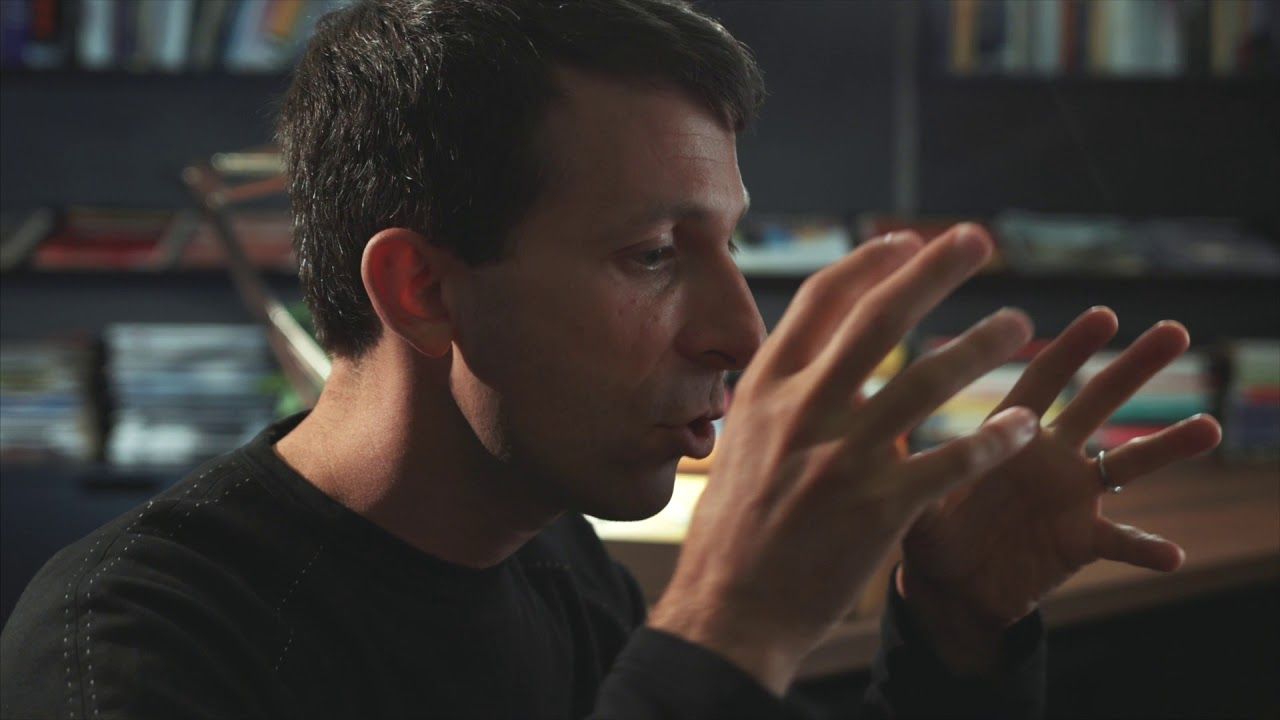Throw out all your clocks and your body still has a rough idea of the time of day. That’s because it has it’s own clock – the body clock. It tells the cells in your body what time of day it is and so controls a whole bunch of different processes that need to be carefully timed and coordinated in order for your body to work properly.
Keeping your cells in sync creates a certain rhythm to what they do all day and night – a circadian rhythm. And it isn’t just us that have it but plants and animals too.
Circadian rhythms roughly follow a 24-hour cycle, so we feel sleepy at night and awake in the morning. It also affects our eating habits, digestion, body temperature and alertness. How? By controlling hormone production.


















